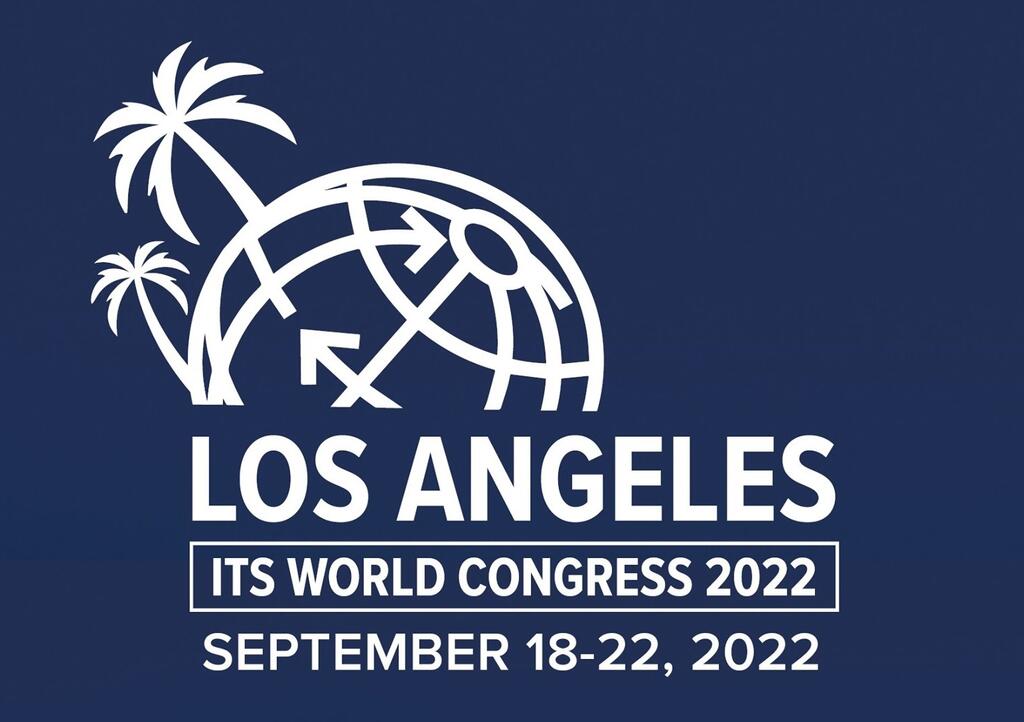Intelligent Transportation (ITS) World Congress
Los Angeles, CA
United States

SwRI will be exhibiting at Intelligent Transportation (ITS) World Congress, booth no. 1123.
Please join us for the following presentations:
Sunday, September 18
9:00 a.m. – 10:30 a.m., Room 402B
“Improving Transportation Operations II,” Marisa Ramon
Session: TS14
Emerging advanced operational and information technologies have had a profound impact in the transportation industry, creating both revolutionary opportunities and existential threats. As a result, transportation leaders are re-examining the management of their assets to fulfill the public-service mission of providing safe and secure modes of transportation. This presentation summarizes the National Cooperative Highway Research Program (NCHRP) 23-03 project, “Guidelines for State Transportation Agency Chief Executive Officers (CEOs) on Cybersecurity Issues and Protection Strategies,” and its key objectives to aid state transportation agency executive leadership in managing the confluence of transportation operational technology (OT) and information technology (IT) cybersecurity risks.
11:00 a.m. – 12:30 p.m., Room 402A
“Evaluating Technology Solutions ,” Angela Bos
Session: TS19
What does it take to build and run an Integrated Corridor Management (ICM) system? ICM systems help cities and states improve traffic flow without building new infrastructure. These systems leverage innovative technologies and novel strategies to address congestion near major metropolitan areas by making efficient use of existing capacity. Targeted regional strategies enhance collaboration and automation for multi-modal incident response and traffic balancing through cross-agency coordinated traffic control strategies. This presentation will focus on the basics of planning an ICM project, such as identifying stakeholders, assessing technical readiness, and other key decision points. Additionally, it will discuss how ICM features can be tailored to serve the greatest number of travelers within a region.
Monday, September 19
1:00 p.m. – 2:30 p.m., Room 405
“The Future of ITS Data Exchanges with Public, Private, and Automotive Sector Involvement,” Steve Dellenback
Session: SIS36
This session will discuss the vision, challenges, and benefits of developing data exchanges from the perspectives of our industry’s public, private, and automotive sectors, as well as the mutual and independent goals that can be accomplished by working together.
The panel will explore the benefits of using data and analytics for future transportation planning, the mobility enhancements and safety improvements that OEMs and fleet operators have slated for vehicle drivers/operators, and the additional safety and mobility benefits that could be realized using connected vehicle data from various sources (e.g. cellular V2X, existing OEM data, fleet operator data, automated vehicles, and other third-party providers) in combination with existing transportation operations and ITS data.
3:00 p.m. – 4:30 p.m., Room 406B
“Technology to Create Safer Roadways,” Dan Rossiter
Session: TS2
Traffic cameras are arguably the most universally valuable sensors available to roadway operators today. Their ability to observe a broad range of roadway conditions provides constant insight for operations, but the need to manually observe these camera feeds to realize this value is cumbersome, and as camera deployments increase, this manual observation becomes intractable. Recent technological advances including cloud hosting availability, GPU/CPU innovation, and machine learning frameworks have made deploying powerful, real-time, and cost-effective computer vision viable, which in turn is poised to revolutionize how agencies leverage both existing and new traffic camera infrastructure in the future.
Thursday, September 22
8:00 a.m. – 9:30 a.m., Room 407
“Next Generation in Multi-Modal Corridor Management,” Kevin Miller, Clay Weston
Session: SIS86
Building on ICM concepts that date back over 15 years, projects are now being planned and implemented along major corridors and in regions across North America. Newer innovative technologies are being used by various agencies to plan, develop, implement, deploy, and operate new solutions to address their traffic management needs for multi-agency and multi-modal governance. This session will provide an overview of several recent next-generation corridor management projects which are using advanced technologies such as connected vehicles, machine learning, incentivization, and real-time decision support systems to meet the mobility needs of their corridors, regions, and states.
For more information, please contact Amit Misra.